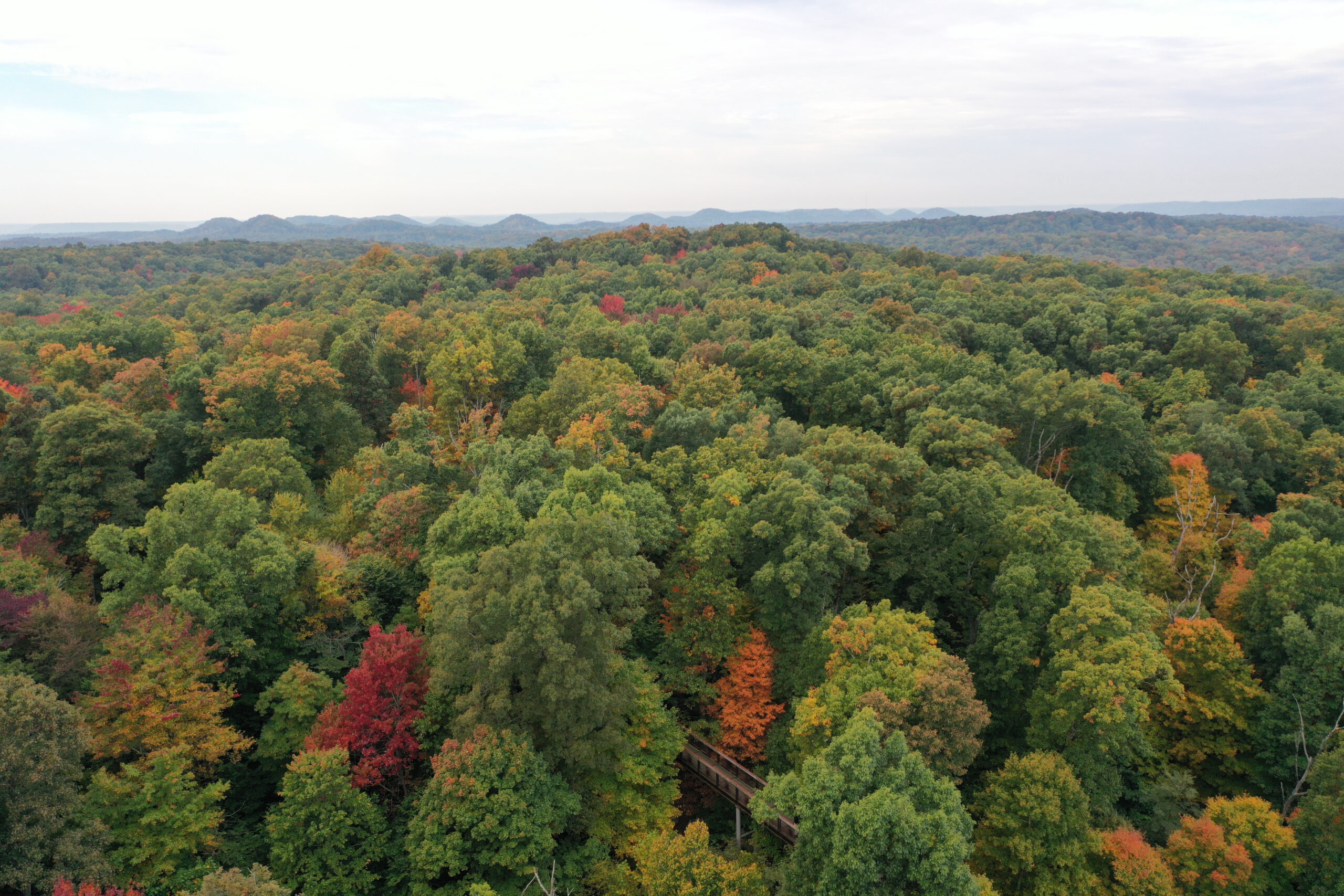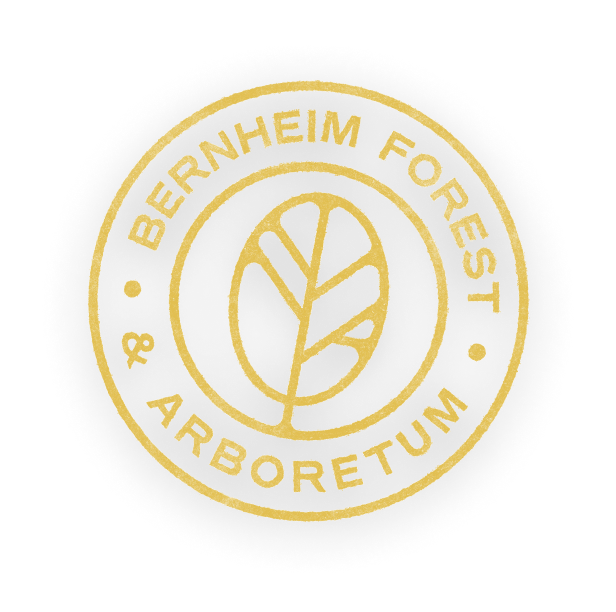We forget that the water cycle and the life cycle are one.
—Jacques Yves Cousteau
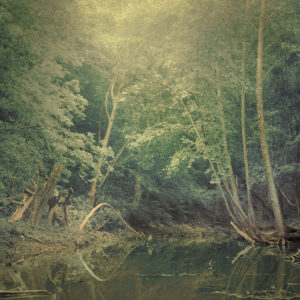 Access to clean water is the very foundation of ecological sustainability, social equity and a vibrant economy. The same water that supports nature’s fragile balance also serves our homes, quenches our thirst, irrigates our landscapes, and allows us a refreshing swim in the summer heat. With so many competing or even conflicting demands for its use, access to clean water is something we must never take for granted. It needs our stewardship, care, and vigilance — as if our lives depended on it.
Access to clean water is the very foundation of ecological sustainability, social equity and a vibrant economy. The same water that supports nature’s fragile balance also serves our homes, quenches our thirst, irrigates our landscapes, and allows us a refreshing swim in the summer heat. With so many competing or even conflicting demands for its use, access to clean water is something we must never take for granted. It needs our stewardship, care, and vigilance — as if our lives depended on it.
Protecting water is core to what we do at Bernheim, where over 73 ponds and wetlands and over 91 miles of streams are protected within our borders. Through these water sources, more than 21,723,000,000 gallons of rainwater are filtered annually, purifying it for use by humans, plants, and animals throughout the area.
Bernheim is proud to be a place where water can be naturally filtered, explored, and treasured. We encourage you to come visit Bernheim and discover the beauty, poetry, and science of water.
March 22 may be World Water Day, but there’s not a day of the year when water isn’t fundamental to our ability to survive. We need to celebrate, appreciate and learn about water every day. One great way to do that is to come on out to Bernheim to experience all the ways we protect the water within our borders and beyond. Visit for a self-guided tour or book a water-themed group hike or field trip with our nature-based education team!
Here are some great places to go in Bernheim to explore the story of water.
Rock Run Loop
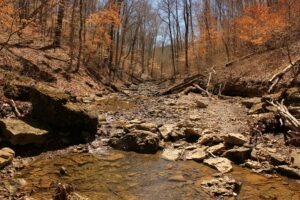 Come to Rock Run for a beautiful hike and an eloquent lesson on natural history, conservation and biodiversity. Rock Run Creek has been carved into the hillside millennia, and tells the geologic story of the power of water over time. Crayfish, salamanders, frogs, fish, and invertebrates all reside here, as do the fossils of those who flourished millions of years ago. If you’re going to get in the creek — and you should — don’t forget to wear sturdy, non-slip shoes!
Come to Rock Run for a beautiful hike and an eloquent lesson on natural history, conservation and biodiversity. Rock Run Creek has been carved into the hillside millennia, and tells the geologic story of the power of water over time. Crayfish, salamanders, frogs, fish, and invertebrates all reside here, as do the fossils of those who flourished millions of years ago. If you’re going to get in the creek — and you should — don’t forget to wear sturdy, non-slip shoes!
Olmsted Ponds
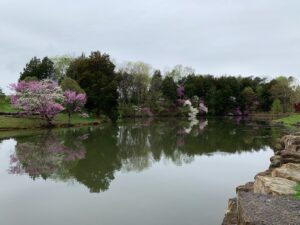 A visit to the Olmsted Ponds tells the story of wildlife sanctuary, reservoir, and flood prevention. The two ponds serve as a crucial habitat to many aquatic animals, including bluegill bass, many species of turtle, great blue heron, and a host of insects. These ponds also fill the important role of collecting water during periods of heavy rain to prevent flooding. Conversely, during times of drought Bernheim can pump from the ponds to water the Collections. With climate change, both these difficult situations are happening more frequently.
A visit to the Olmsted Ponds tells the story of wildlife sanctuary, reservoir, and flood prevention. The two ponds serve as a crucial habitat to many aquatic animals, including bluegill bass, many species of turtle, great blue heron, and a host of insects. These ponds also fill the important role of collecting water during periods of heavy rain to prevent flooding. Conversely, during times of drought Bernheim can pump from the ponds to water the Collections. With climate change, both these difficult situations are happening more frequently.
Lake Nevin
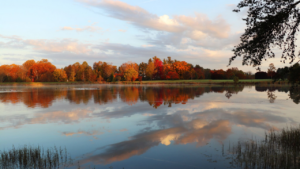 Go to Lake Nevin to learn about engineering for climate change and protecting pollinator habit and native swamp trees. In the wide-open waters, you’ll spot a variety of fish and waterfowl, while the swamps on the south end are the perfect places to find dragonflies, frogs, and turtles as well as swamp cypress. A dam and spillway were built on the northwest side of the lake in 2020, designed to handle 28 inches of rain in a 6-hour period to protect nearby areas in the event of heavy rain — again, a crucial measure to boost Bernheim’s climate change resilience. The surrounding area has been planted with wildflowers to support pollinator habitat.
Go to Lake Nevin to learn about engineering for climate change and protecting pollinator habit and native swamp trees. In the wide-open waters, you’ll spot a variety of fish and waterfowl, while the swamps on the south end are the perfect places to find dragonflies, frogs, and turtles as well as swamp cypress. A dam and spillway were built on the northwest side of the lake in 2020, designed to handle 28 inches of rain in a 6-hour period to protect nearby areas in the event of heavy rain — again, a crucial measure to boost Bernheim’s climate change resilience. The surrounding area has been planted with wildflowers to support pollinator habitat.
The Edible Garden
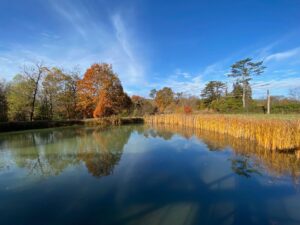 Want to learn about the water cycle and maintaining water-wise landscapes? Head to the Edible Garden. Known for the thousands of pounds of produce farmed here each year, the Edible Garden is an excellent place to study how water can be conserved and used sustainably for healthy food production. Designed to meet the Living Building Challenge, the garden has net zero water use — no easy feat, especially with the unpredictable precipitation patterns so common now. Using cisterns, xeriscaping, pond reservoirs, solar powered pumps, and more, Bernheim’s Edible Garden achieves this goal. Learn more by reading the engaging signage at the garden, which was made possible by support from the Louisville Water Company Foundation. Let it inspire you to try waterwise practices in your own garden!
Want to learn about the water cycle and maintaining water-wise landscapes? Head to the Edible Garden. Known for the thousands of pounds of produce farmed here each year, the Edible Garden is an excellent place to study how water can be conserved and used sustainably for healthy food production. Designed to meet the Living Building Challenge, the garden has net zero water use — no easy feat, especially with the unpredictable precipitation patterns so common now. Using cisterns, xeriscaping, pond reservoirs, solar powered pumps, and more, Bernheim’s Edible Garden achieves this goal. Learn more by reading the engaging signage at the garden, which was made possible by support from the Louisville Water Company Foundation. Let it inspire you to try waterwise practices in your own garden!
